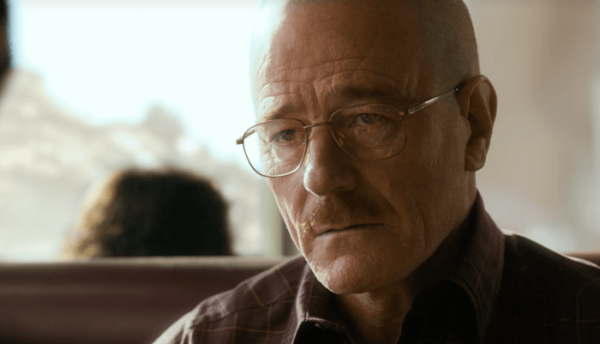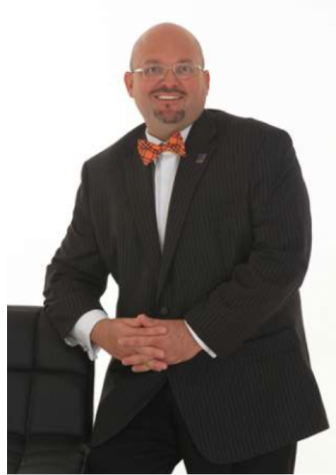Mental Health Amidst Isolation
Social distancing has imposed isolation for many, and even more so for those with underlying conditions or ages that put them at risk for infection. This isolation contradicts the services many mental health patients obtain via in-person therapy, or simply socializing with others. As our world turns to technology for our everyday necessities, it is imperative to consider mental health care an everyday necessity. Patients and survivors are in urgent need of substantial innovation to maintain their progress. This is especially evident with domestic abuse victims. In Puerto Rico, this is an urgent problem, for which preventive measures should’ve been put into place beforehand, but weren’t. There have been 643 reported incidents of domestic abuse in the island since the curfew began. In the Bayamón police region alone, there were 98 new reported domestic abuse cases from the beginning of the curfew imposition (March 15) to the 20th of April. The Puerto Rican Coalition for Feminists has been adamantly protesting in favor of the administration declaring an island-wide state of emergency in response to femicides, rampant sexism, and the toll of domestic abuse since 2018. Now, this topic continues to resonate powerfully within the public as Puerto Ricans experienced the murder of Alexa, a transgender woman, pre-quarantine, and now the unfolding of the murder of two other transgender women. Both of these investigations have been blurred by the rise of COVID-19 and remain unsolved. Over the past month the social media app Twitter has been the landing site of conversations surrounding sexual assault and sexism, which has led to survivors of such being open about their stories.
These conversations, in addition to creating awareness, must be geared towards the united strife to pursue changes in the law and in our society for the betterment of procedures to handle reporting and investigations linked to sexual assault, rape, domestic violence, and more. Nonetheless, it is important that these conversations continue to occur, as it is only through public pressure that those in power will listen. The only downside to these conversations is the following: these topics being placed in the spotlight can and will be triggering to survivors and victims who have not yet healed from their experiences. Given such, there are a few things the public can do without waiting for legal change or administrative action.
- Continue the conversation in a solidary manner.
- Consider the mental health claims of everyone valid, always, but especially during the fragile time of curfews and quarantine.
- Do not take problems to be light in comparison to others. All disruptions of mental health are valid, fragile, and take a toll on the victim no matter the severity.
- As one cares for others, care for yourself along the way. Personal mental health issues are just as valid, real, and tough as others’ are.
- Do not cease the conversation after quarantine. There is a “flu season” and a “hurricane season”, but mental health does not discriminate due to the time, place, age, gender, or anything of the victim.
These topics have garnered public support due to the unswerving attention devoted to social media during these times. It is up to us to take this from a positive point of view and use the attention during and after quarantine, to continue highlighting the gravity of mental health problems, of sexual assault, of domestic violence, of poverty, and more. Our world has changed, and with it, we have an opportunity to change our society for the better, by losing the characteristic of ignoring the problems of others, and adapting a mentality of facing global problems together. The more we ignore problems, the more we lose sight even of their existence, until it affects us. Let’s no longer wait for issues to affect us, come to us, bring us into the conversation, but let’s begin those conversations ourselves, constantly striving to better the parts of ourselves and of our communities for our sake and that of the future generations.
Our minds should be geared to respond to issues by understanding they are valid, real, and affecting someone’s life before offering additional opinions, and it is a change that is undertaken by the current generation, as we have proved to be resilient, seekers of change and positivity always, and much more during times of hardship like this one.
If you or someone you know is suffering from domestic abuse or mental health issues, these are local contacts that have been trying to innovate to continue to operate during the pandemic.
- Hogar Nueva Mujer (Cayey)- (939)-255-9800
- Policía de Puerto Rico- (787) 343-0000
- Oficina de la Procuradora de las Mujeres- (787)- 722-2977
- Casa de la Bondad- (787) 486-7201
- Casa Julia de Burgos- (787) 723-3500
- CAPROMUNI- (787) 880-2272
- Casa de Todos, Inc.- (787) 734-3132
- Hogar Ruth- (787) 883-1884
- Hogar Nueva Mujer- (787) 263-6473
- Programa de Apoyo a las Mujeres: Siempre Vivas (Mayagüez)- (787) 390-3371
- Oficina para el Desarrollo Integral de las Mujeres- (939) 266-8446
- Casa Juana Colón- (787) 478-0430
- Casa Pensamiento Mujer del Centro, Inc.- (787) 735-6698
Works Cited
García, Lyanne Meléndez. “Siguen En Aumento Los Casos De Violencia
Doméstica.” Metro, Metro Puerto Rico, 20 Apr. 2020, www.metro.pr/pr/noticias/2020/04/20/siguen-aumento-los-casos-violencia-domestica.html.
“Piden Declarar Puerto Rico Estado De Emergencia Por Muertes Por Violencia
Machista.” Www.efe.com, 29 Nov. 2018, www.efe.com/efe/usa/puerto-rico/piden-declarar-puerto-rico-estado-de-emergencia-por-muertes-violencia-machista/50000110-3828638.
Opinion Disclaimer: The opinions, beliefs, and viewpoints expressed by the various contributors to this website are their own, and do not necessarily reflect the opinions, beliefs, viewpoints, or official policies of The Baldwin School of Puerto Rico.
Your donation will support the student journalists of The Baldwin School of Puerto Rico. Your contribution will allow us to purchase equipment and cover our annual website hosting costs.


